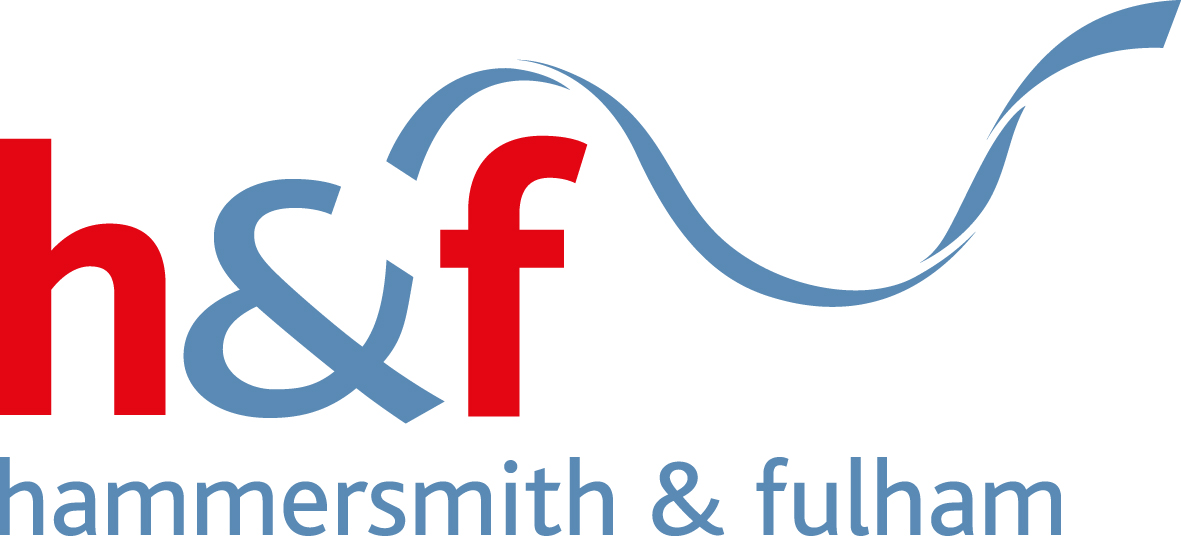Universal free school meals in secondary schools are a feasible and acceptable way to address food insecurity

Approximately 2.6 million children in the UK currently live in food insecure households (where they have limited or uncertain access to adequate food). The current cost of living crisis has led to reports of increasing numbers of school pupils whose parents are not able to pay for school meals.
About the research
Free school meals (FSM) is a public health approach to reducing food insecurity and increasing healthy eating.
However, in England these are only provided to all pupils in the first three years of school, and to pupils of all ages whose households are in receipt of Universal Credit, provided their overall income is less than £7400.
Not everyone who is eligible for FSM claims them, possibly because of embarrassment about being marked out in this way.
The London Borough of Hammersmith and Fulham (LBHF) began a pilot scheme in January 2020, in which free school meals were provided to all pupils in two secondary schools, with the aim of making sure that no young person is too hungry to learn.
This research, produced in partnership by the University of Bristol and LBHF, looked at the potential benefits of the pilot scheme for pupils and their households, and what the factors were that made it more or less difficult to deliver.
It did not look at effectiveness or cost effectiveness of UFSM.
The long-term impact of parents not having to fund school lunches for three years I think is a really big thing and most of our families are low income so for me that was the thing I could see being really beneficial
Policy implications
- The current means-tested system of free school meals (FSM) does not address high levels of food insecurity among secondary school aged pupils.
- School staff and parents/carers who have experienced universal FSM (UFSM) say the benefits outweigh the potential cost of supporting families who do not need financial help.
- Incentives for schools are: UFSM’s potential to improve concentration and behaviour during lesson time, stigma reduction for FSM claimants, and an easier administration process compared to the current system.
- UFSM is feasible and acceptable in secondary schools, regardless of size or catering set-up, particularly with staggered lunchbreaks that many schools introduced during the Covid-19 pandemic.
- The evidence-base for effectiveness and costeffectiveness of UFSM in secondary schools to address food insecurity is poor and needs more schools to pilot the scheme.
- Any local authorities, multi-academy trusts or schools that decide to pilot UFSM for secondary pupils should coordinate evaluation measures with others to improve the evidence-base.
- National government should fund a large-scale study of UFSM in secondary schools to enable robust evaluation of its effectiveness and cost effectiveness at improving food insecurity, health, and educational outcomes.
The problem is, if one kid hasn’t got any money on the card because his mum or dad can’t afford it, then it becomes noticeable to the children around you, children notice everything
Key findings
Between May 2021 and February 2022 we collected a quantitative measure of food insecurity (USDA Food Security Survey Module) from 404 pupils in both pilot schools and two comparison schools who did not have universal free school meals (UFSM).
We also carried out interviews with 28 pupils, 20 parents/carers and 8 school/catering staff in the pilot schools, and 4 school staff in the comparison schools. In addition, 24 pilot school pupils carried out observations, took notes and photos of food during their lunchbreaks.
- More than a quarter of the pupils who took part in our study were experiencing food insecurity. This is likely to be an under-estimate of the number of food insecure households, as parents tend to prioritise meeting their children’s nutritional needs over their own, and shield children from concerns about food.
- School staff, catering staff, parents/carers and pupils described a range of benefits of UFSM in the interviews: preventing hunger, improving the quality of food that pupils ate, increasing concentration and good behaviour during lessons, reducing the stigma and shame experienced by young people who claimed free school meals under the targeted system, reducing stress and financial worry experienced by parents, and enhancing the social benefits of eating together.
- Because of these benefits, school staff, parents and pupils generally liked the idea of UFSM. A few staff and parents noted that families who do not need the help would benefit, but they felt this was a price worth paying to ensure that all pupils had enough to eat while they were at school. Pupils felt the quality of the food was generally good, although they had suggestions for improvements to the choice and flavouring.
- Delivering free school meals to all pupils was seen as feasible; school staff generally found it was as easy or even easier to administer than the previous targeted system. Pupils did not feel queueing time had become longer. Caterers described some initial expense and additional recruitment of staff that was needed.
It changes their whole mood. Once they eat you can see the change in some of them. Gives them a burst of energy after lunch
Further information
Jessiman, P.E., Carlisle, V.R., Breheny, K. et al. A qualitative process evaluation of universal free school meal provision in two London secondary schools. BMC Public Health 23, 300 (2023). https://doi.org/10.1186/s12889-023-15082-3
Carlisle, V.R., Jessiman, P.E., Breheny, K. et al. A mixed methods, quasi-experimental evaluation exploring the impact of a secondary school universal free school meals intervention pilot. Int. J. Environ. Res. Public Health, (2023).
Acknowledgements
This project is funded by the National Institute for Health Research (NIHR) Public Health Intervention Responsive Studies Team (PHIRST/NIHR131567). The views expressed are those of the author(s) and not necessarily those of the NIHR or the Department of Health and Social Care.
Authors
Dr Judi Kidger, Dr Vicky Carlisle, Tricia Jessiman, Dr Katie Breheny, Prof Rona Campbell, Prof Russ Jago (University of Bristol)
Steve Strong (public partner) Marcus Robinson (London Borough of Hammersmith and Fulham)
Policy Briefing 127: March 2023
Universal free school meals in secondary schools are feasible and acceptable (PDF, 172kB)
Contact the researcher
Dr Judi Kidger
Senior Lecturer in Public Health
Bristol Medical School, University of Bristol
judi.kidger@bristol.ac.uk

